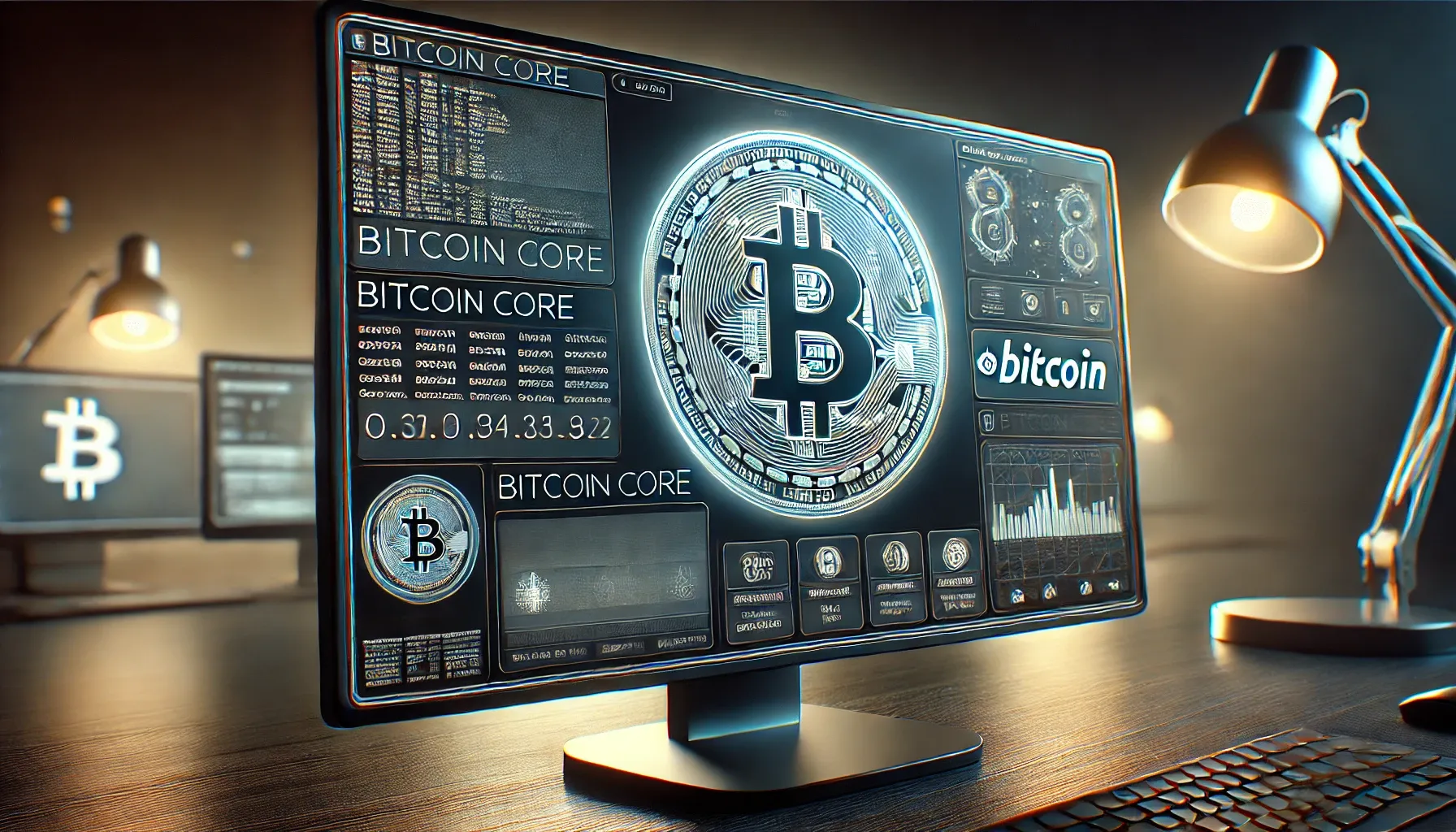Bitcoin Core is the essential software for anyone interested in running a full node on the Bitcoin network. It provides all the tools necessary to participate in the decentralized economy and supports the integrity and security of the Bitcoin blockchain. In this article, we’ll explore three important aspects of Bitcoin Core: Bitcoin Core Testnet, Bitcoin Core Wallet, and Bitcoin Core Node. These features are pivotal for understanding how Bitcoin Core operates and how you can interact with the Bitcoin network.
What is Bitcoin Core Testnet?
Bitcoin Core Testnet is a critical feature for developers and advanced users who want to experiment with Bitcoin transactions without risking real money. Testnet is an alternative Bitcoin blockchain that mirrors the main Bitcoin network but uses its own coins, which hold no real-world value. By using Bitcoin Core’s Testnet mode, you can safely test your applications and explore Bitcoin transactions without the fear of losing real funds.
Key Benefits of Bitcoin Core Testnet:
- Safe Environment for Developers: Testnet provides a sandbox where developers can test new Bitcoin software without interacting with the actual blockchain.
- Experiment with Transactions: You can simulate Bitcoin transactions, helping to identify potential issues in your code or setup.
- Debugging and Troubleshooting: Use Testnet for debugging your Bitcoin-related applications, ensuring that you deploy only secure, functional code to the main network.
- Familiarity with Bitcoin Core Features: Experiment with Bitcoin Core features like wallet management, mining, and transaction broadcasting in a low-risk environment.
- Support for New Features: Bitcoin Core developers often use Testnet to deploy and verify new features before pushing them to the main network.
- Learning Resource: Testnet is perfect for newcomers wanting to understand Bitcoin’s transaction process without needing real Bitcoin.
By engaging with Bitcoin Core’s Testnet, you gain practical experience with Bitcoin’s technology, enhancing both your knowledge and your development skills.
Bitcoin Core Wallet: Your Digital Vault
The Bitcoin Core wallet is a robust tool for storing, receiving, and sending Bitcoin. Unlike third-party wallets, the Bitcoin Core wallet is fully decentralized, giving users full control over their funds. By running a full node, users ensure their transactions are validated independently of centralized entities, making Bitcoin Core a preferred choice for security-conscious users.
Features of Bitcoin Core Wallet:
- Full Control of Private Keys: With Bitcoin Core, users maintain sole control over their private keys, ensuring maximum security.
- Backup and Recovery: Bitcoin Core offers comprehensive backup options to protect your wallet against data loss or corruption.
- Transaction History: The wallet keeps a complete transaction history, providing transparency and an audit trail for all activity.
- Multiple Wallet Support: Users can manage multiple wallets within the same Bitcoin Core instance, offering flexibility for various use cases.
- Multi-Signature Support: Bitcoin Core wallet allows multi-signature setups for added security, requiring more than one key to authorize a transaction.
- Enhanced Privacy: Transactions are more private on Bitcoin Core, as the wallet allows you to manage addresses and control your transaction inputs and outputs.
Whether you are new to Bitcoin or a seasoned user, Bitcoin Core’s wallet provides a secure, flexible solution for managing your Bitcoin holdings. Its open-source nature ensures that you can verify its integrity and make any customizations you need.
👉 Explore Bitcoin Core Wallet 👈
Bitcoin Core Node: Strengthening the Network
Running a Bitcoin Core node is not just about using Bitcoin—it’s about securing and supporting the Bitcoin network itself. A full node downloads and validates the entire Bitcoin blockchain, ensuring that transactions comply with Bitcoin’s consensus rules. By running a node, you help maintain the decentralized and distributed nature of Bitcoin, reinforcing its resistance to censorship and fraud.
Why Run a Bitcoin Core Node?
- Contribute to Network Security: Full nodes validate transactions and blocks, helping to maintain the security of the Bitcoin network.
- Decentralization: Running a node allows you to participate in Bitcoin’s decentralized governance, making it more robust and resistant to manipulation.
- Verify Transactions Independently: A full node allows you to verify your transactions and blocks independently without relying on third parties.
- Support Bitcoin’s Integrity: By running a node, you help enforce the Bitcoin protocol and ensure it operates according to its rules.
- Privacy and Autonomy: Running your own node increases your privacy, as you do not need to rely on third-party servers for transaction validation.
- Enhanced Data Integrity: Full nodes keep a copy of the entire blockchain, which is crucial for maintaining the integrity of Bitcoin’s data.
Running a Bitcoin Core node can seem daunting, but it is a crucial step for anyone wanting to support the network and take full control of their Bitcoin experience.
Conclusion
Bitcoin Core is more than just a tool for storing and transferring Bitcoin. It’s a vital component of the Bitcoin ecosystem, offering developers, users, and miners the opportunity to interact with the blockchain at a deep level. Whether you’re using Testnet for safe experimentation, securing your funds with the Bitcoin Core Wallet, or strengthening the Bitcoin network by running a Full Node, Bitcoin Core provides the infrastructure to support decentralized finance.As the famous Bitcoin creator Satoshi Nakamoto said, “The goal is to enable a decentralized peer-to-peer transaction system.” By using Bitcoin Core, you contribute to the fulfillment of that vision.






